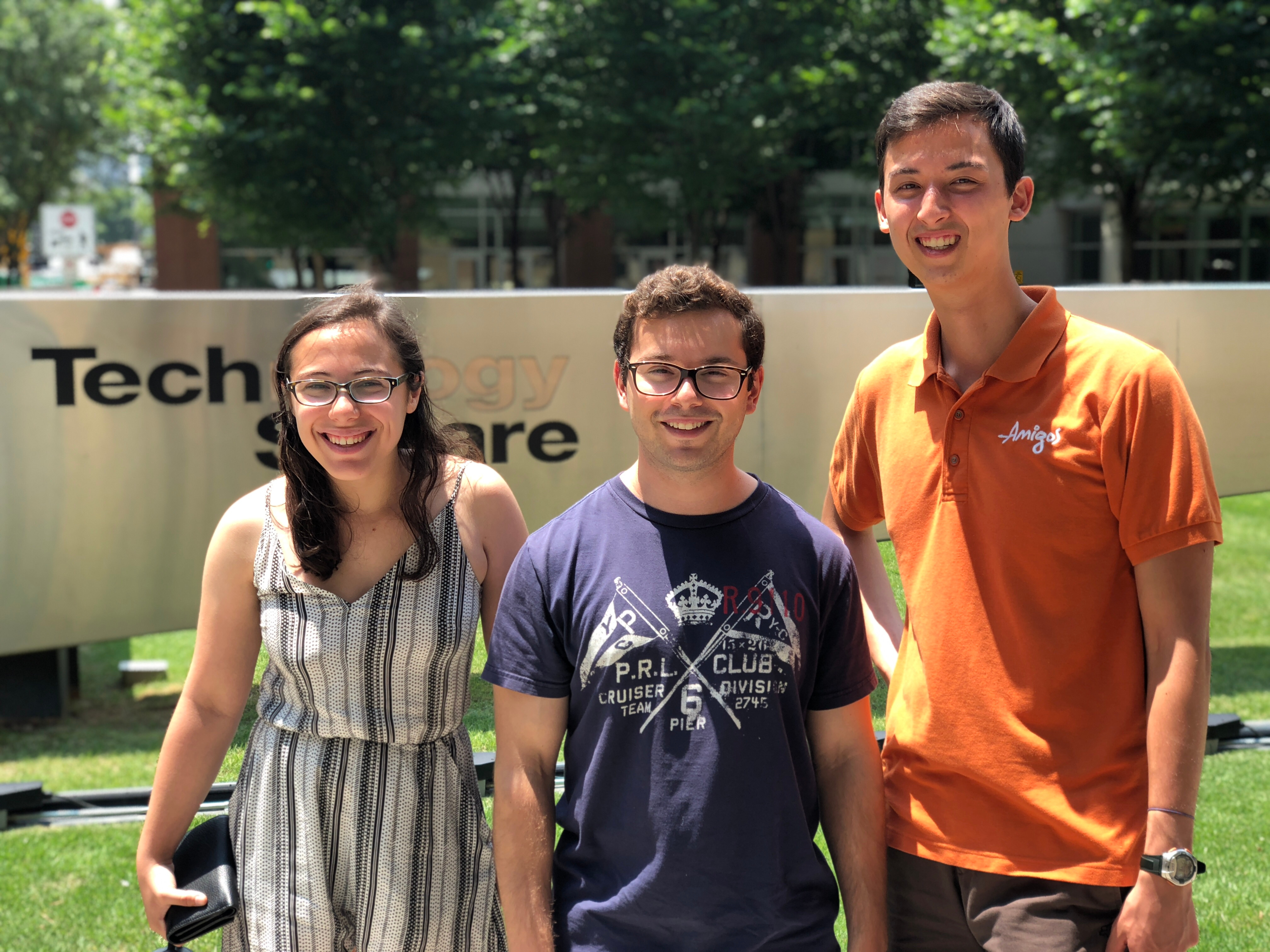Using Artificial Intelligence to Drive Electric Vehicle Policy Findings
Published in Sustainability
Electric vehicles reduce tailpipe emissions from the transportation sector and produce important public health benefits. One of the most important complementary assets for EV adoption is charging station infrastructure.
While we initially thought that the availability of real-time transactions from charging stations would be a primary innovation for this research, we quickly realized that we also had an enormous quantity of unstructured text to learn about how EV users engage with each other. Surprisingly until this point, the best evidence on EV consumer behavior typically relied on surveys or simulated data, and these were limited to a single market or region. We understood that data from mobile platforms offered a unique ability to aggregate large-scale evidence in ways not previously possible.
What was most exciting for our research team was the fact that the data was streaming, and offered the potential to update in near real-time! This is in stark contrast to data collection from large government surveys, which take several years to complete, and data discovery is often slow and expensive. So we set off to see if we could analyze both government-run and privately-run EV charging stations to provide national, evidence-based analysis.
Given the quantity of data however, a major challenge for the team was the fact that it would take human experts about 32 weeks to sift through EV user reviews in order to extract useful insights from free text.
So, almost on the side, we started experimenting with deep learning natural language processing techniques to unlock some insights there. It turned out that the review data was an untapped source of research innovation for us. We quickly realized that the application of AI/ML to this data could both accelerate policy analysis and reduce science and technology (S&T) research evaluation costs.
Consequently, by deploying deep learning techniques to analyze those EV user reviews, we were able to show how machine learning tools could be used to quickly analyze streaming data for policy evaluation in near real-time, and provide new insight into important electric vehicle charging infrastructure policies, such as the need to focus on the quality of the user experience and evidence supporting public involvement in EV charging network buildout.
About the Team. One crucial aspect of this work was the team of five (5) student co-authors that I was able to pull together for this research. I had the pleasure of directing a diverse and talented group of students with disciplinary training spanning public policy, economics, data science, engineering, and computing--each with an important role to play.
Three of the student co-authors were in residence with me at Georgia Tech during the summer of 2018 as fellows in the Civic Data Science REU program. This is an NSF-funded program that attracts talented undergraduates across the country for a summer research experience at Georgia Tech. Arielle Dror is studying statistical and data sciences and government at Smith College; Kevin Alvarez is studying computer science at North Carolina State University; and Emerson Wenzel is studying computer science at Tufts University.

My graduate student co-authors from Georgia Tech include Catharina Hollauer, a recent graduate in operations research at the H. Milton School of Industrial and Systems Engineering, and Sooji (Susie) Ha, a dual Ph.D. student in civil and environmental engineering and computational science and engineering, minoring in public policy. Following publication of our article in Nature Sustainability, we have since expanded these efforts to deploy AI/ML along with econometric methods for automatic discovery of behavioral phenomena to answer questions in energy, environmental policy and management.

We learned that while local and national innovation policies have primarily focused on strategies to increase the quantity of electric cars produced or sold--it turns out that behavioral issues related to the quality of the charging experience may ultimately prove to be critical for achieving long-term sustainability goals from the transportation sector.
Link to paper: https://doi.org/10.1038/s41893-020-0533-6
Follow the Topic
-
Nature Sustainability

This journal publishes significant original research from a broad range of natural, social and engineering fields about sustainability, its policy dimensions and possible solutions.
What are SDG Topics?
An introduction to Sustainable Development Goals (SDGs) Topics and their role in highlighting sustainable development research.
Continue reading announcement

Please sign in or register for FREE
If you are a registered user on Research Communities by Springer Nature, please sign in